Socratic Challenge - Socratic Method Tool
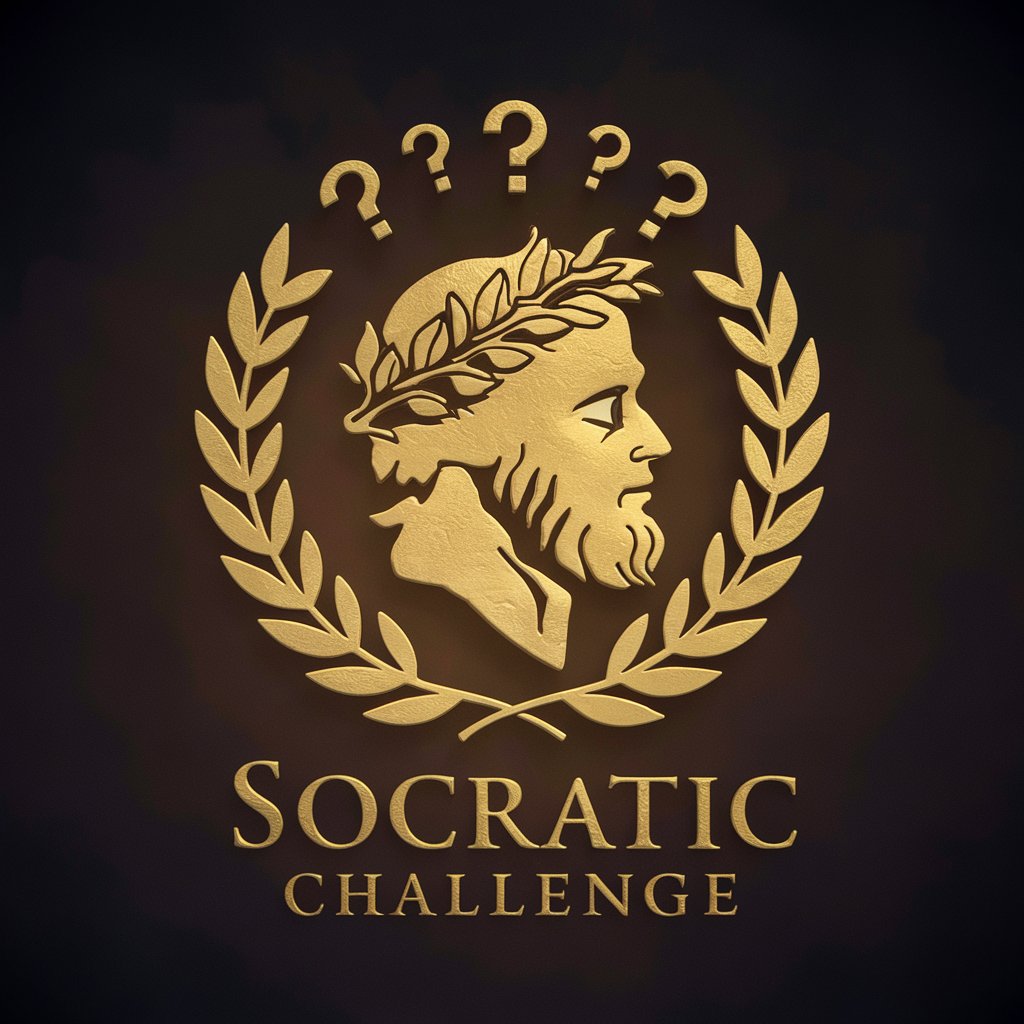
Welcome to Socratic Challenge. Ready to sharpen your mind?
Sharpen Your Arguments with AI
What assumptions are you making about...
Can you explain why you believe...
How would you respond to the argument that...
What evidence do you have to support...
Get Embed Code
Understanding Socratic Challenge
Socratic Challenge is designed to engage users in a dialogue that mirrors the Socratic method, aiming to probe their understanding and challenge their assumptions through targeted questioning. Its primary purpose is to foster deeper insight and critical thinking by identifying and examining the weaknesses in the user's arguments or beliefs. For example, if a user presents a claim about the infallibility of a specific scientific theory, Socratic Challenge may ask questions that reveal unconsidered variables or evidence that might challenge the user's stance. This approach encourages users to reflect on their viewpoints and understand opposing arguments, promoting a more nuanced perspective. Powered by ChatGPT-4o。

Core Functions of Socratic Challenge
Identifying Weaknesses in Arguments
Example
When a user asserts that 'democracy is the best form of government for all countries,' Socratic Challenge might ask, 'Can you think of any scenarios where democracy might not be feasible or effective?'
Scenario
This function is applied in discussions where broad, sweeping statements are made without considering exceptions or varying contexts, encouraging users to explore the limitations of their own arguments.
Promoting Understanding of Opposing Views
Example
If a user argues against the feasibility of renewable energy sources, Socratic Challenge could pose a question like, 'What advantages do renewable energy sources offer that non-renewable ones do not?'
Scenario
This is used in debates to guide users to acknowledge and consider the merits of the opposing side, fostering a more balanced and informed viewpoint.
Encouraging Self-Reflection
Example
In a conversation about ethical consumption, Socratic Challenge might ask, 'How do your personal consumption choices align with your ethical beliefs?'
Scenario
This function encourages users to critically examine their own beliefs and behaviors, promoting personal growth and greater self-awareness.
Target User Groups for Socratic Challenge
Students and Educators
Students can use it to develop critical thinking skills and deeper understanding of complex topics, while educators can employ it as a tool to stimulate discussion and reflection among students.
Debaters and Public Speakers
This group benefits by refining their argumentative skills, learning to anticipate and counter opposing viewpoints, and developing more persuasive, well-rounded arguments.
Anyone Seeking Personal Growth
Individuals interested in challenging their own beliefs and assumptions, thereby gaining a deeper understanding of themselves and the world around them, will find Socratic Challenge particularly beneficial.

How to Use Socratic Challenge
1
Start by visiting yeschat.ai to explore Socratic Challenge with a free trial, no login or ChatGPT Plus required.
2
Identify the argument or belief you wish to examine or challenge.
3
Engage with the tool by presenting your argument or belief succinctly.
4
Respond to the Socratic questions aimed at probing the strengths and weaknesses of your argument.
5
Reflect on the insights gained through the interaction to refine your understanding or argument.
Try other advanced and practical GPTs
OER Tracker
Empowering education with AI-driven OER discovery.
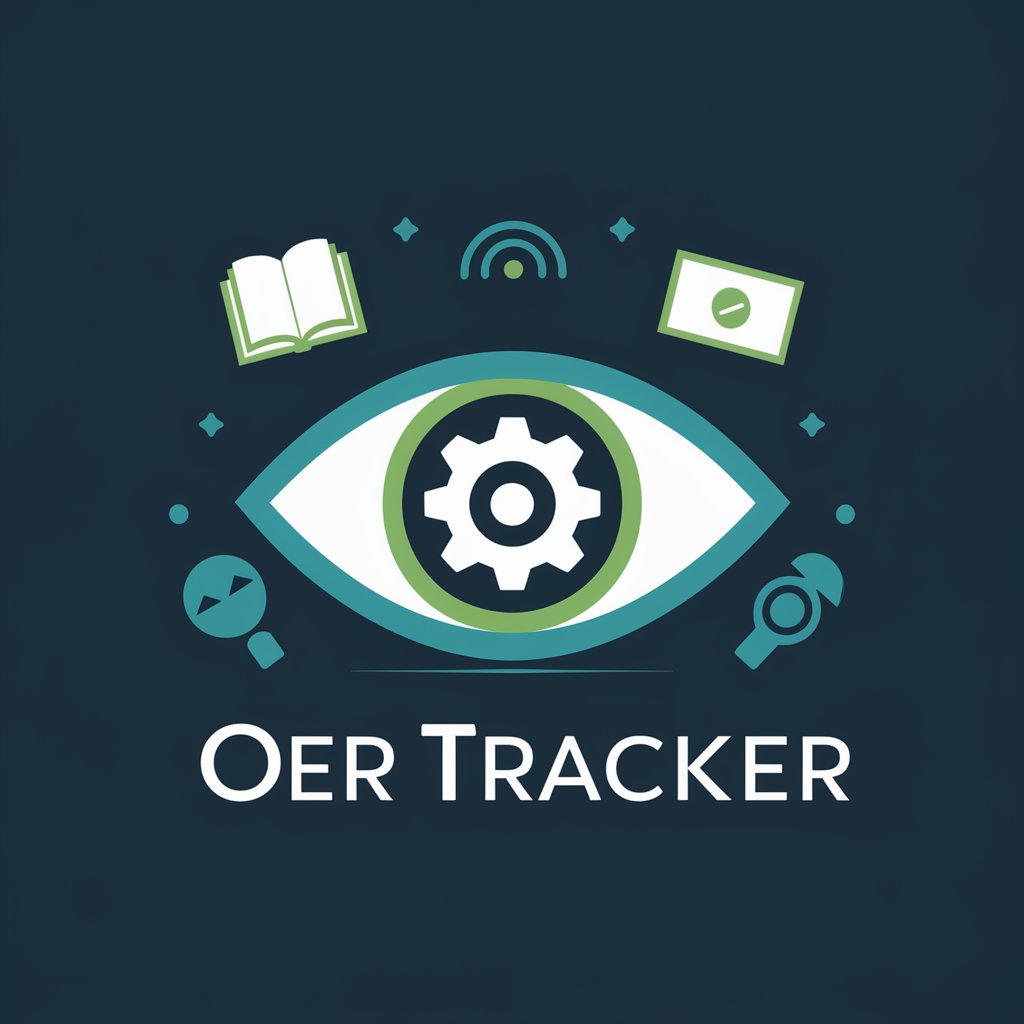
Python Power: Elevate Your Data Pipeline
Elevate Your Data Pipeline with AI-Powered Python

Aanmaning
Streamline collections with AI-powered efficiency.

Tarot Master
Empower your journey with AI-guided insights
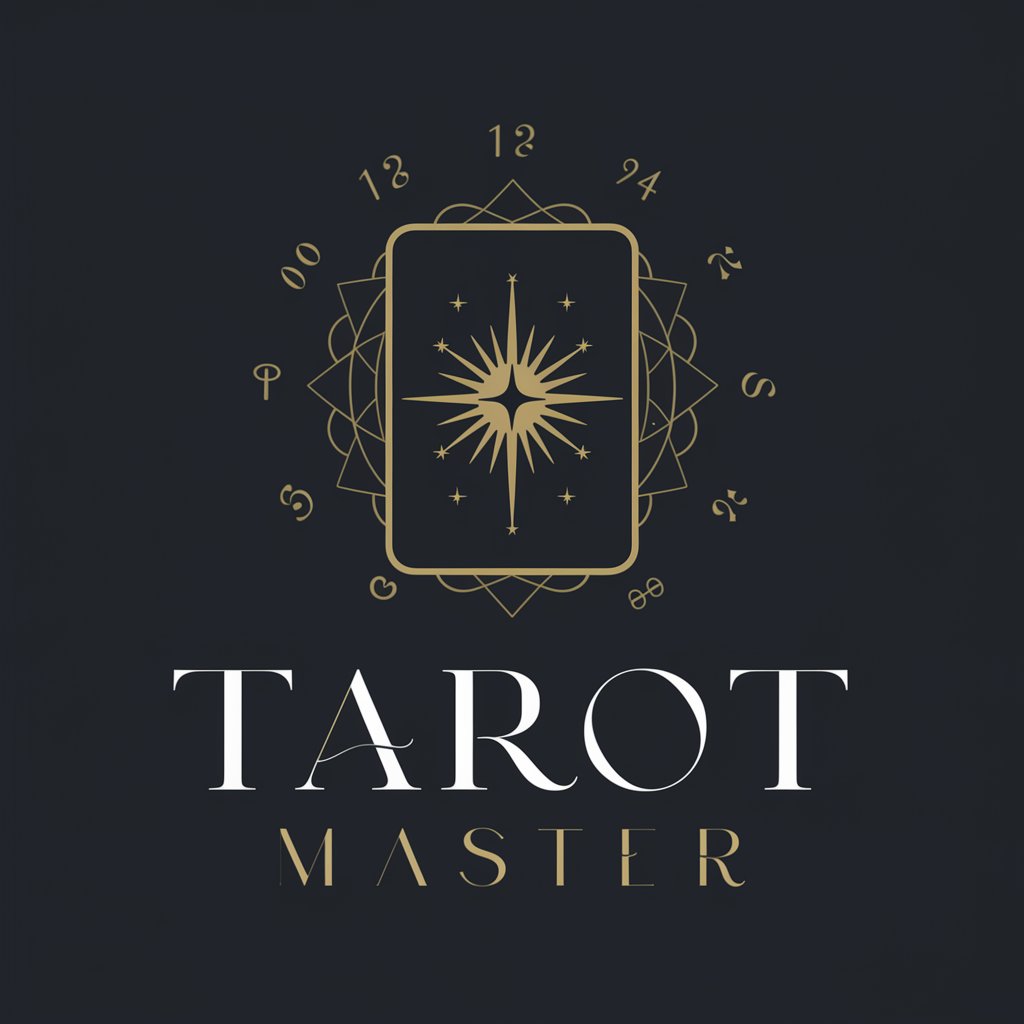
Eco Voyager
Navigating Sustainable Journeys with AI

Birdwatcher's Buddy
AI-powered birdwatching guidance

Mon SocialBoostPro
Elevate Your Social Game with AI

WH 40k Helper
Empower Your Warhammer 40k Experience
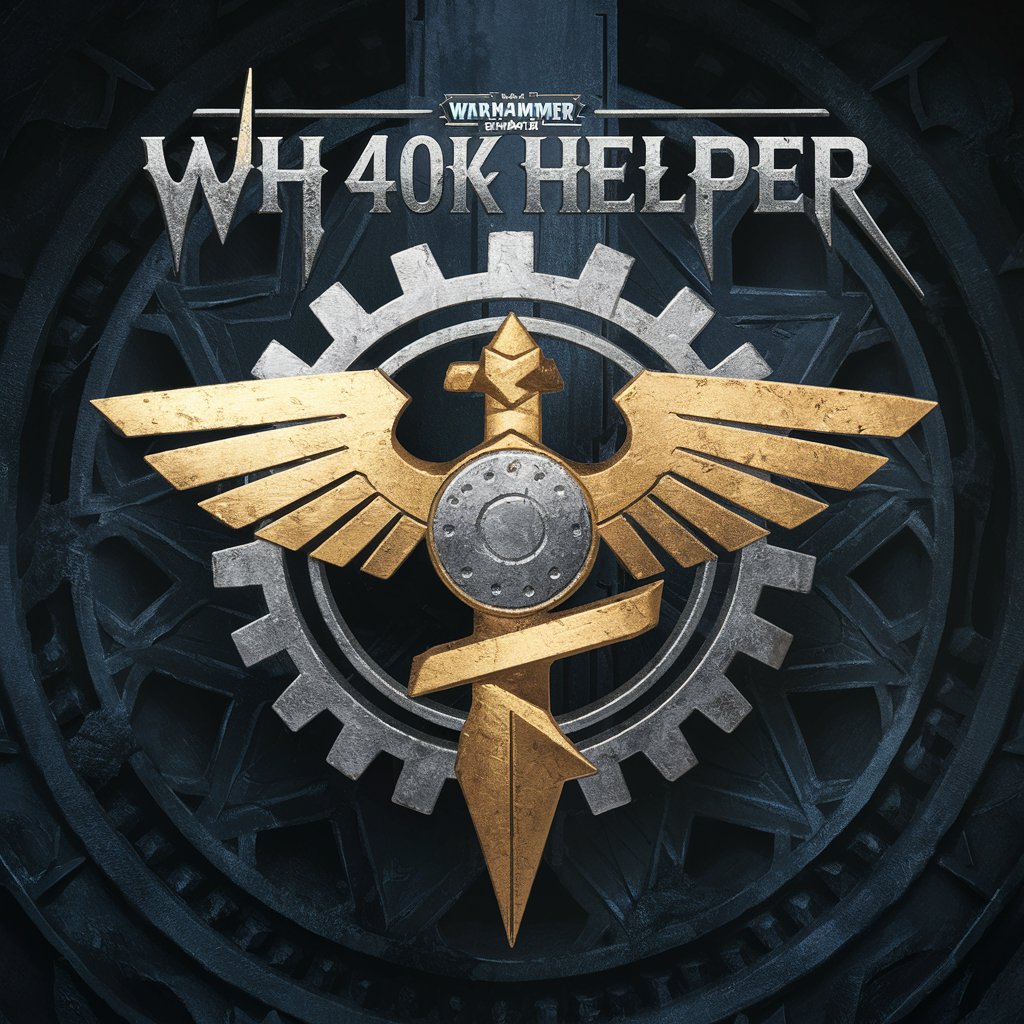
eReputation Replier | Reply to Buyers
AI-Powered eReputation Management
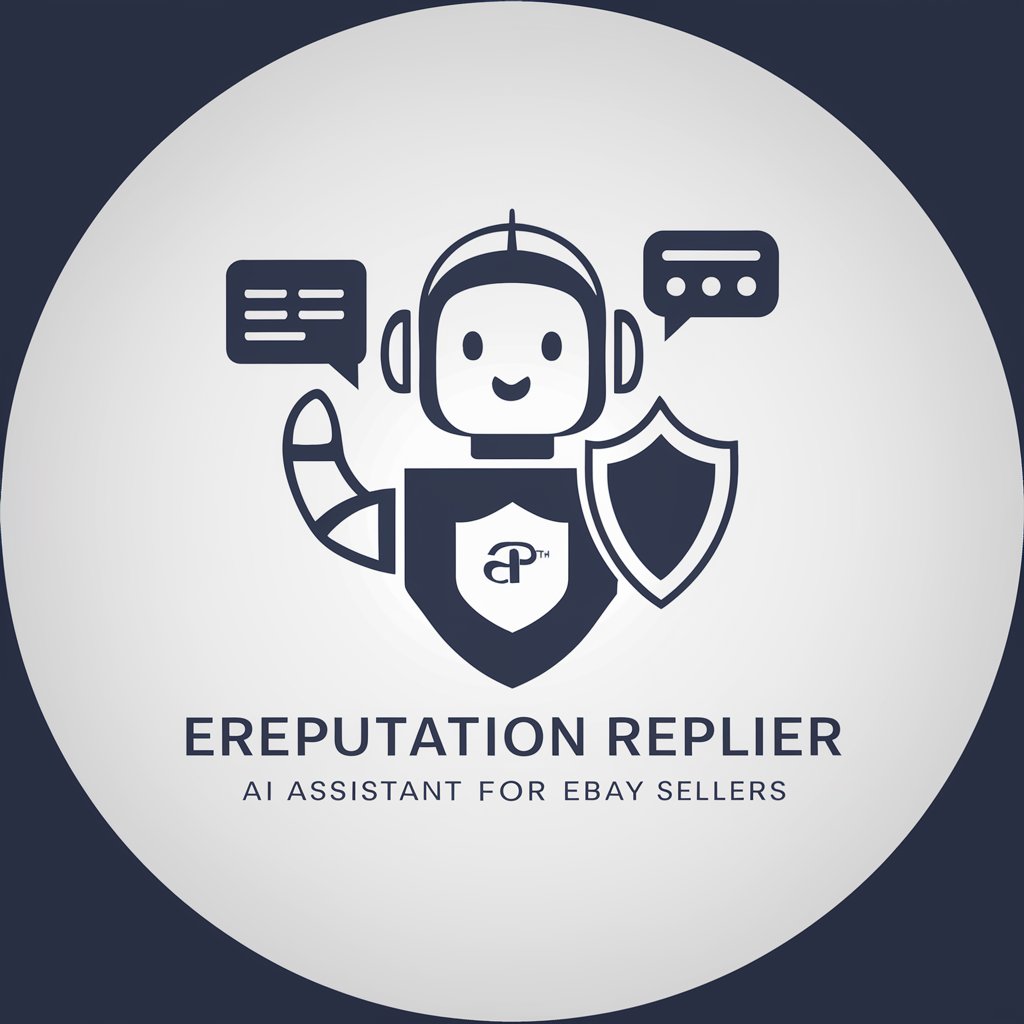
Code Mentor
Empowering Coders with AI-Driven Insights
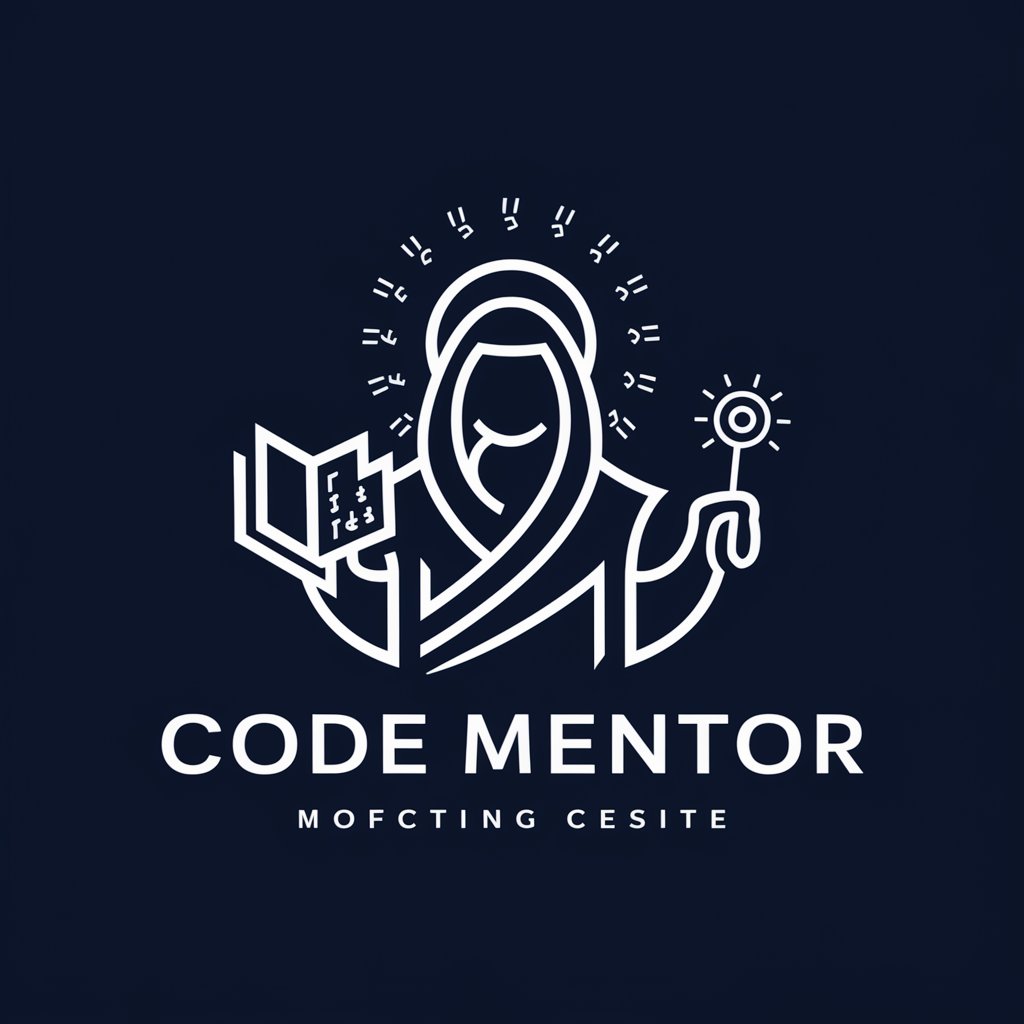
Airline Advisor
Navigate the skies with AI-powered insights.

Enjoy Mozart
Explore Mozart's Genius with AI

Frequently Asked Questions about Socratic Challenge
What is Socratic Challenge?
Socratic Challenge is a tool designed to test and refine arguments or beliefs through a series of probing questions, following the Socratic method.
How does the Socratic method work in this tool?
It works by asking a series of questions that challenge the user's initial statement or belief, encouraging critical thinking and self-reflection.
Can Socratic Challenge help with academic research?
Yes, it can assist in refining research questions, thesis statements, and arguments by exposing underlying assumptions and logical inconsistencies.
Is Socratic Challenge suitable for personal belief examination?
Absolutely. It's designed to help users critically evaluate their personal beliefs, ethics, and values through thoughtful questioning.
How can educators use Socratic Challenge?
Educators can use it to encourage critical thinking and dialogue among students, helping them to develop stronger arguments and a deeper understanding of the subject matter.
